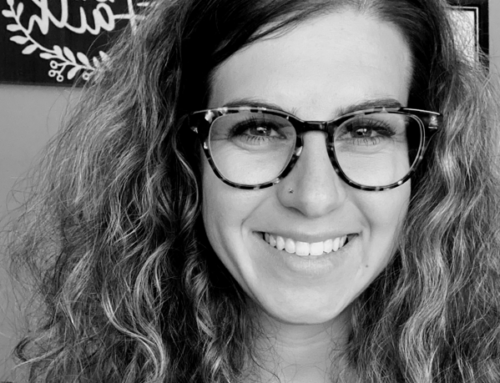In 2019, we saw a lot of improvements in addiction treatment, especially in reducing the stigma of living with addiction. Dr. Romas Buivydas, our VP of Clinical Development, is confident that 2020 will hold even more positive developments, but also foresees a few pitfalls.
Emerging Treatments: Massachusetts Paves the Way
A few years ago, medication-assisted treatment (MAT) was still a relatively new development and not a lot of clinics were using it. In 2019, MAT started becoming standard practice with government agencies promoting and, in some cases, demanding it. The Massachusetts Department of Corrections (MADOC) is now requiring access to MAT in its facilities – a huge step forward. There are many factors about life in prison that can exacerbate struggles with addiction. According to The Fix, one of which is the difficulty in simply receiving treatment while incarcerated. In 2020, as we see the results of such policies across the country, we expect that more facilities and organizations will encourage and provide access to MAT.
Last year, Spectrum saw huge success with innovative programs and partnerships. What we have learned from these partnerships and programs is that we have to go out of our way to make sure treatment is as accessible as possible. It isn’t enough to have one big treatment hub in a city. We need centers in every community, where people can receive their medication and counseling. And when people go to their regular doctor, or an emergency room, those healthcare providers should be able to instantly refer them to a local addiction treatment center.
“In 2020 we are sure to see more of these kinds of partnerships, with treatment centers and medical centers referring to each other, filling in each other’s gaps to provide the right kind of care for each patient,” Dr. Buivydas predicts.
The “hub and spoke” model is also relatively new but has been proven extremely successful by organizations like us through our Collaborative and Transitional Treatment program. A patient will be referred to one of the spokes in their community, where they will receive regular treatment, after beginning at the hub where they can begin their journey the same day that they present. Information flows easily back and forth between hub and spoke, promising easy access to treatment and information for patients. Meanwhile Spectrum’s partnership with the Milford Regional Medical Center redirects patients struggling with addiction from the ER to Spectrum. With this partnership, patients are getting rapid referrals to our center and the care that they need, reducing the strain on emergency rooms as well as the risk to the patient.
Reducing Stigma
All of the advancements made in addiction treatment in the last few years have served to reduce the stigma of addiction and promote individualized treatment. So many people have friends and family members who are struggling with addiction, and as a result, more funding and research is being conducted every day. Addiction is no longer too unsavory or scary to talk about. Treatment is no longer a niche area of health care; it is an integral piece of the puzzle.
In 2020, we need even more comprehensive and individualized care. Just as having one center for treatment isn’t enough, what we have seen – and proven – time and again, is that having just one method of treatment isn’t enough either. Dr. Buivydas strongly encourages providers to look at co-occurring disorders; meaning, that other mental or physical illnesses can compound the problem of addiction. It’s about looking at the whole person.
Clinicians, social workers, and other experts have learned that in 2020, there needs to be a comprehensive approach. It’s not just about MAT, or counseling, or community outreach and education separately – it’s everything altogether. Addiction treatment and prevention needs to be addressed from all angles. We’ve been doing just that, and we expect more treatment centers and health care providers to follow suit. More people are being guided to the right places for treatment, and there are more treatment options than ever before.
If you or a loved one is struggling with addiction, call us today at 1-877-MyRehab and we can help guide you on the path to recovery. We have an immediate availability of beds, call today!










